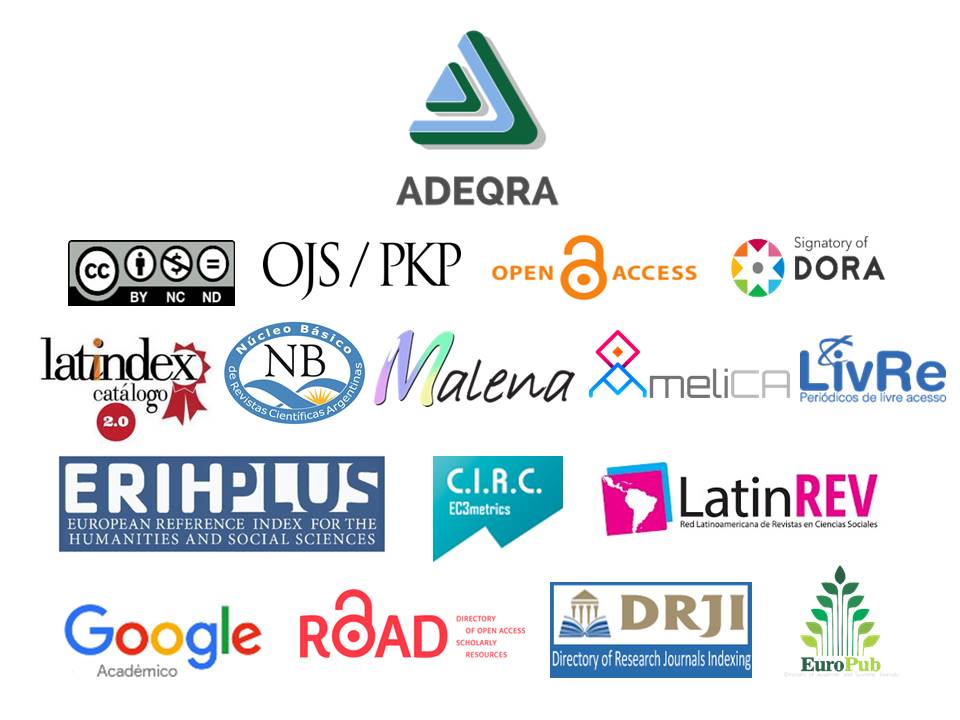What do students think of the “new educational normality”? the experience of virtually dictating organic Chemistry
Keywords:
virtual education, pandemic, Organic ChemistryAbstract
The emergence of the COVID-19 pandemic forced to virtualize normal teaching practices in different educational settings. In this work we report the experience of one of the Departments of Organic Chemistry of the National University of the Litoral in this process of adaptation. A survey was conducted of the students who took the subject during isolation to find out their opinion regarding the teaching methodologies used. Most of the respondents stated that they had a good command of virtual tools and positively valued the use of videoconferencing platforms for teaching classes. Although the level of learning achieved was considered satisfactory, face-to-face education continues to be the option chosen, with the exception of some activities that could be delivered virtually.
References
Borgobello, A., Sartori, M. y Sanjurjo, L. (2019). Entornos virtuales de enseñanza y aprendizaje. Experiencias y expectativas de docentes universitarios de Rosario, Argentina. Espacios en blanco, 30(1), 41-58. https://doi.org/10.37177/UNICEN/EB30-263
Cayo-Rojas, C. F. y Agramonte-Rosell, R. C. (2020). Desafíos de la educación virtual en odontología en tiempos de pandemia COVID-19. Revista Cubana de Estomatología, 57(3). Recuperado de: http://www.revestomatologia.sld.cu/index.php/est/article/view/3341
Concari, S. B. (2014). Tecnologías emergentes ¿cuáles usamos? Latin American Journal of Physics Education, 8(3), 494-503.
Failache, E., Katzkowicz, N. y Machado, A. (2020). La educación en tiempos de pandemia y el día después: el caso de Uruguay. Revista Internacional de Educación para la Justicia Social, 9(3). Recuperado de:https://revistas.uam.es/riejs/article/view/12185
Lorenzo, M. G. (2020). Revisando los trabajos prácticos experimentales en la enseñanza universitaria. Aula Universitaria, 21, e0004. https://doi.org/10.14409/au.2020.21.e0004
Valverde Crespo, D., González Sánchez, J. y de Pro Bueno, A. (2017). ¿Qué sub-competencias digitales muestran unos alumnos de 4° de Educación secundaria obligatoria ante una animación sobre una reacción química a nivel microscópico? Ápice. Revista de Educación Científica, 1(1), 40-57. https://doi.org/10.17979/arec.2017.1.1.2009
Published
How to Cite
Issue
Section
License
Copyright (c) 2020 Juan Manuel Rudi, Paula Inés Gatti, María Carolina Rey, María Silvina Reyes

This work is licensed under a Creative Commons Attribution-NonCommercial-NoDerivatives 4.0 International License.



